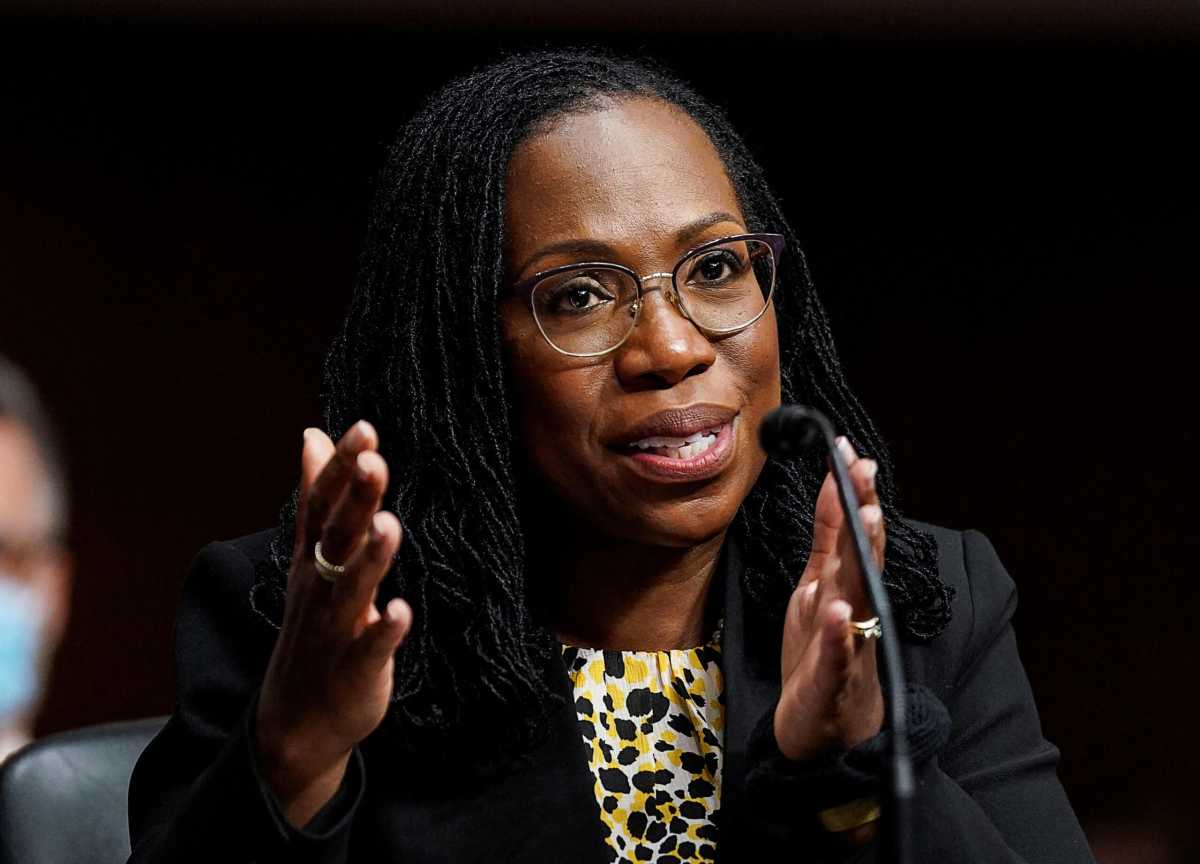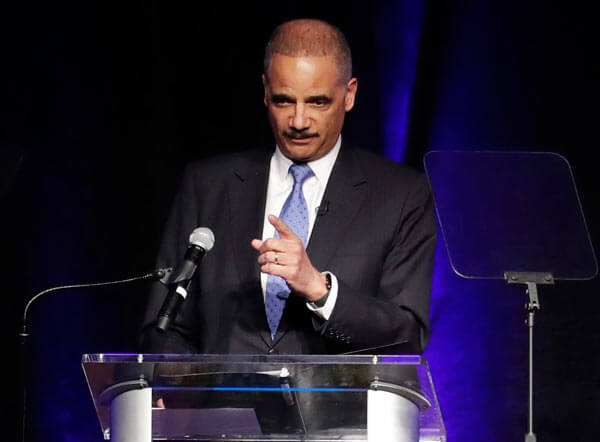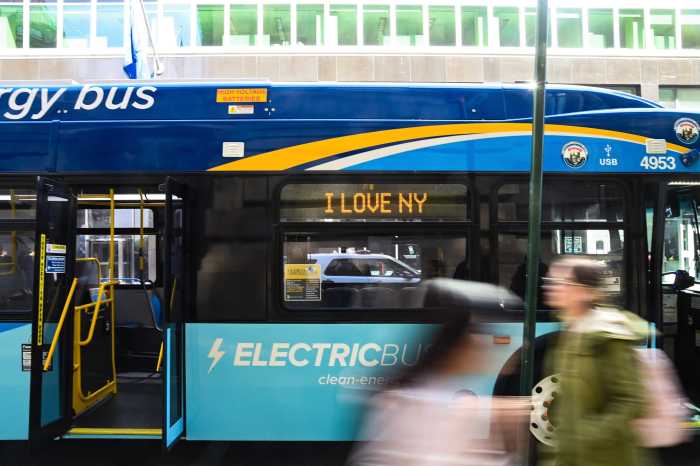In 233 years not a single Black woman has ever been seated on the US Supreme Court.
Democrats led by Lyndon Baines Johnson in 1967 nominated Thurgood Marshall, the first Black man to diversify, decide constitutional law and exemplify democracy in America.
Following Justice Marshall’s retirement in 1991, Republican President George W. Bush replaced him by nominating his party’s Black conservative Clarence Thomas.
In this millennium, conservatives now hold a 6-3 majority on the court. Therefore, when Supreme Court Justice Stephen Breyer hinted retirement after this session, all eyes focused on a promise Democratic Senator Joe Biden made during his presidential campaign.
The then contender and former vice president chosen by President Barack Obama vowed if elected commander-in-chief, he would appoint a Black woman to the US Supreme Court.
The prospect seemed an unlikely proposition.
For starters during his eight-year tenure serving first in line to the presidency, Biden was unable to aid in seating a white male justice.
It was not ineptitude that prevented an appointment, it was a united decision by the Republican successor and his party loyalists to block any appointments of their opposition candidates.
That political standoff proliferated throughout the Democratic two-term administration however, under their rival party’s leadership, within four years, three Republicans were confirmed to lifetime rulings on the bench.
Despite consistent resistance to bi-partisan governing, Sen. Biden’s daunting assertion held hope for both race and gender (if not equity) representation on the highest court.
In South Carolina where Biden made the commitment, he won overwhelming support from Black voters. Afterward he easily eked out victory over the incumbent Republican.
One year after his inauguration President Biden recently reaffirmed the commitment adding that he will decide his choice by the end of Black History Month.
Within 24 hours, the media raced to project a shortlist of amiable Black women for consideration. Before long, there were as many as 100 trailblazing possibilities.
At press time, reports are that the choices have been narrowed to include 13 experienced Black women.
Right now, there are only six Black women serving as judges on federal appeals courts.
Among them: alleged frontrunner Judge Ketanji Brown Jackson. Allegedly, two decades ago she clerked for retiring Judge Breyer. Another credit to her proficiency is that former Pres. Obama interviewed Jackson in 2016 for the same position when Justice Antonin Scalia died.
Sunday, Republican South Carolina Sen, Lindsay Graham surprised viewers of CBS-TV’s “Face The Nation” morning show by endorsing his state’s Federal District Judge J, Michelle Childs.
“I can’t think of a better person for President Biden to consider for the Supreme Court than Michelle Childs,” Graham said.
“She has wide support in our state,” the avowed Trump supporter said.
“She’s considered to be a fair minded, highly gifted jurist. She’s one of the most decent people I’ve ever met.”
That South Carolina Democrat Cong. James E. Clyburn also fully supports the Black, female who could make history might be a game-changer since it was cong. Clyburn’s endorsement that reinvigorated Biden’s campaign when his favorability suffered a lull.
Other names banded about for consideration include: 9th Circuit Court of Appeals Judge Holly A. Thomas, federal Circuit Court Judge Tiffany P. Cunningham, Civil Rights attorney and 11th Circuit Court candidate Nancy G. Abudu, 3rd Circuit Court of Appeals nominee Arianna J. Freeman, NYU law professor Melissa Murray, 7th Circuit Judge Candace Jackson-Akiwumi, District Judge Wilhelmina “Mimi” Wright, North Carolina Supreme Court Justice Anita Earls, 2nd Circuit Judge Eunice Lee and Sherrilyn Ifill, Civil Rights attorney.
It is interesting to note that much of the talk proliferated during the anniversary week Brooklyn, Cong. Shirley Chisholm declared her bid to run for president of the United States.
It was Jan. 25, 1972, 50 years ago when the “unbought and unbossed” Black, New York representative made an unprecedented announcement of aiming to win the nomination for the Democratic Party’s representative in contention for the highest office in the nation.
Cong. Chisholm legacy is that of a trailblazing legislator, although she withdrew her candidacy she reportedly advised ‘if they don’t give you a seat at the table, bring a folding chair.’
Kamala Harris, is now seated at the White House table. She is the first of her race and gender to serve as vice president of the United States.
If after the votes are counted they are split, the first Asian-American, first female and first Black vice president could provide the tie-breaking vote to seat the first Black woman on the Supreme Court.
Catch You On The Inside!
























